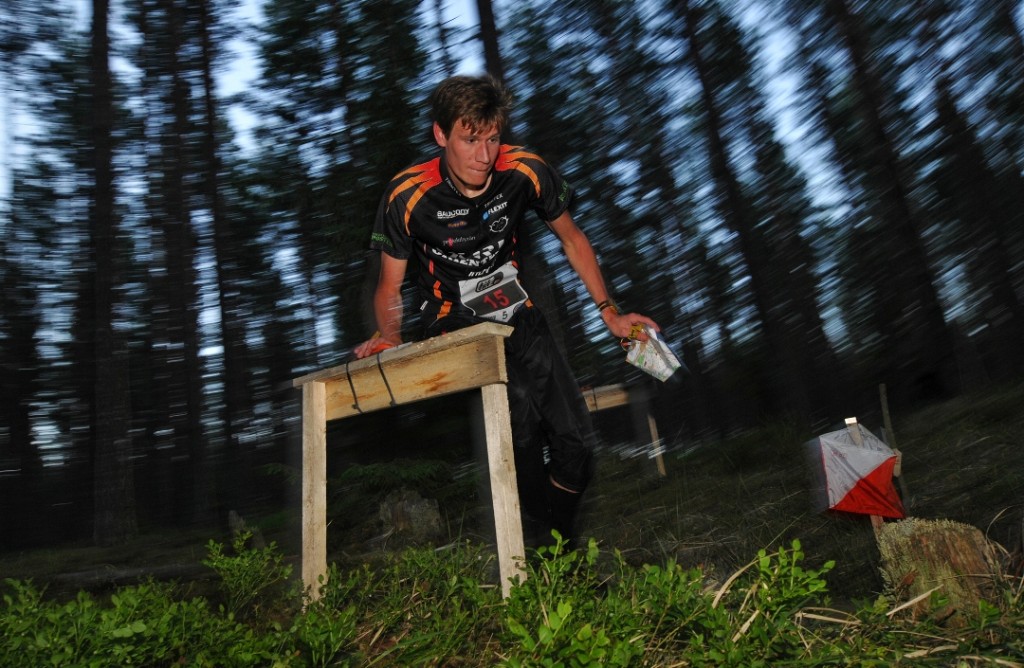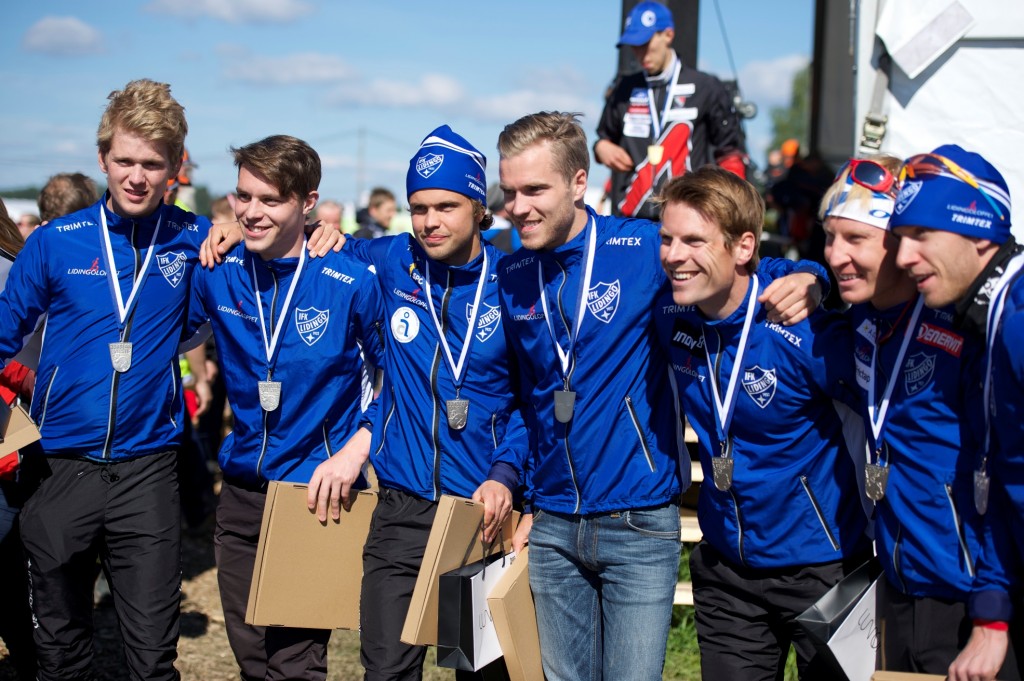June 14th, 1992, early morning, Ravijoki village in Virolahti. Johan Ivarsson has just anchored the Huskvarna-based IK Hakarpspojkarna to victory in Vehka-Jukola, after having left Reijo Mattinen of Rajamäen Rykmentti behind on the last controls. On Sunday morning, it’ll be exactly 23 years since that moment. At the same time, that moment is the last one for a Swedish team having celebrated a Jukola victory.
The domination of Jukola has been competed for 66 times, and ten times we’ve seen a Swedish victory. Out of those ten, no less than eight took place on the “golden era”, during years 1980 to 1992. Why did the success come to an end? One has searched the reason for this from many factors: stronger concentration into fewer top clubs in other countries, the Swedes investing everything into Tiomila instead of Jukola, the lack of last leg runners tough enough, and even simply bad luck. Probably there’s a pinch of truth in each of the above.
Cutting off the dry season is completely plausible in Louna-Jukola for many Swedish clubs. It requires however an impeccable performance plus a slight failure by some of the opponents. Will The Schoolmaster’s Lesson challenge trophy find its next home at one of the following?
IFK Göteborg smashed a jackpot in this year’s Tiomila and took the victory, when the Norwegian ace Eskil Kinneberg excelled in the final spurt defeating Magne Dæhli of Halden and Thierry Gueorgiou of Kalevan Rasti. It took 10 years also in Tiomila since the previous Swedish victory. The team running in ”football jerseys” is a very international combination that however has never reached a top 3 place in Jukola. Like a couple of other top teams, also IFK has some local know-how, as the French relay world champion François Gonon ran for the Jukola-hosting Paimion Rasti for the whole last decade. The coach, former national team member Fredrik Löwegren regards controlling the rhythm changes as a key factor in Jukola.
– Already the three first legs are decisive, since in Jukola it’s very difficult to come back to the race from further behind like often in Tiomila. We found similar kind of terrain close to Gothenburg, where we’ve had many trainings in previous weeks. Renewing the Tiomila success is challenging but possible, if we make smart performances. Kalevan Rasti is without a doubt the favorite after the defeat in Tiomila, says Löwegren.

Eskil Kinneberg takes care of the final spurt in the rainy Tiomila morning against Halden and Kalevan Rasti. Photo: Antti Veijalainen.
Järla Orientering from the Stockholm region has built its way to the ultimate top in the world of relays for a couple of years. The best achievement in Jukola is seventh place last year, and neither in Tiomila has the club been able to fight for victory in the end. With the night king and Swedish national team member Olle Boström leading the bunch, Järla has however good chances to reach all the way to the top. Coach Axel Mattsson says they’ve focused solely on Jukola after Tiomila, and the club has already settled to their accommodation at the Paimion Rasti club house to make final preparations.
– Just like the women, also we concentrate on good team spirit and performances. The result comes out by itself. I regard Malung as a kind of favorite. On the other hand, keep an eye on the Swiss OLV Baselland (with Järla’s Anders Holmberg in the team), predicts Mattsson.
IFK Lidingö fought for victory in Kuopio-Jukola until the very end, but even a top-shaped Fredrik Johansson could not respond to Thierry Gueorgiou’s pace on the last kilometer. In Tiomila, Johansson lost the keys to victory into mistakes on the last leg, finishing ”only” fourth. Lidingö has had several camps in Finland and invested a lot into Jukola, and coach Thomas Furuheim believes the terrain to be very suitable for them, even though – according to latest rumours – it’s not clear whether Johansson will run in Jukola at all due to a last-minute injury.
– We’ve done specifically night and relay training through the winter. Our goal is the same as for women: top ranks. Another goal is to be the best second team. Kalevan Rasti may bear the pressure of been the favorite, we shall do our very best to challenge them, promises Furuheim.
Södertälje-Nykvarn Orientering a.k.a SNO has kept an impressively high level from a relay and a year to another. In Tiomila, the club had the previous Swedish victory until this year, in 2005. In last year’s Jukola they weren’t dropped from the victory fight until on the last leg, and finished third. SNO has constantly been amongst top 5 in Jukola in previous years. With the world champion medalist Jonas Leandersson as the biggest star, they have good chances all the way to a victory in Louna-Jukola. Coach Håkan Kleijn tells they base their preparations on good team spirit, like many others, and good quality camps including night trainings in previous weeks.
– The terrain resembles a lot those around Södertälje, with somewhat stronger relief. The visibility is probably extremely good and the map very easy to read. We aim at top 3 and will fight for the win like last year. Kalevan Rasti as well as IFK Lidingö and OK Linné are looking for a rematch after their disappointments in Tiomila, and Turun Metsänkävijät and Hiidenkiertäjät will also be strong. Tyrving, IFK Göteborg and Malung may surprise this time too, and one should never forget Halden either, Kleijn analyzes.
Not many would bet on Stora Tuna to be a candidate for winning Jukola, and the club hasn’t got a striking statistics record either. They placed 10th in Tiomila this year. The club from Dalarna has however young skilled guys and fast legs, and placing among top 10 wouldn’t certainly be a surprise. The chances on the last leg depend a lot on how the team handles the ”middle legs”. According to coach Staffan Eriksson, team spirit is a key factor in preparations, like with most other teams.
– Especially the night legs are really demanding, and by minimizing mistakes we aim at being at being as close to the leader as possible after the fourth leg. Our goal is a feeling of success for each runner, the result will be whatever it will be. In my opinion, Kalevan Rasti and Halden are favorites, but also OK Linné will be dangerous following the Tiomila fiasco that ended in their disqualification, says Eriksson.































